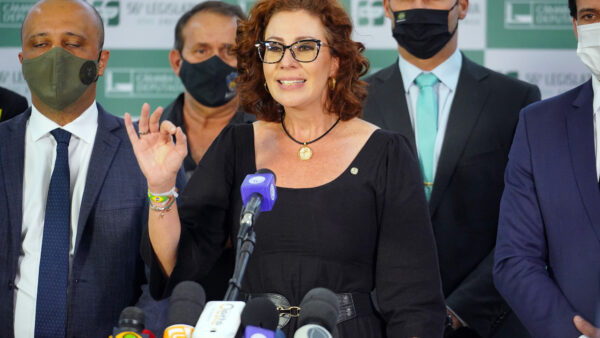Founded in 1953, Petrobras has grown to become the country’s largest corporation, being featured in the Fortune 500 list for 23 straight years. Brazil’s oil and gas giant is a mixed-capital company. Its shares are split between the federal government – which has a 50.26 percent stake – and private investors.
The company went public during Fernando Henrique Cardoso’s administration, and its stock is now traded in São Paulo, New York City, Madrid, and Buenos Aires. Still, Brazil’s federal government retains its role as controller and manages nearly two-thirds of the voting shares. In addition to the shares held by the government, Caixa and the National Development Bank (BNDES) own a combined 13 percent of the company.
Petrobras also has preference shares. While these might not grant the right to vote, their owners – who are predominantly private investors – are still entitled to a share of the profits.
The diverse profile of stakeholders, however, has created a rift between the government, which calls the shots, and minority owners. One side considers the effects of Petrobras’ role in governmental policies and its institutional symbolism, whereas the other is simply more interested in the...


 Search
Search






































